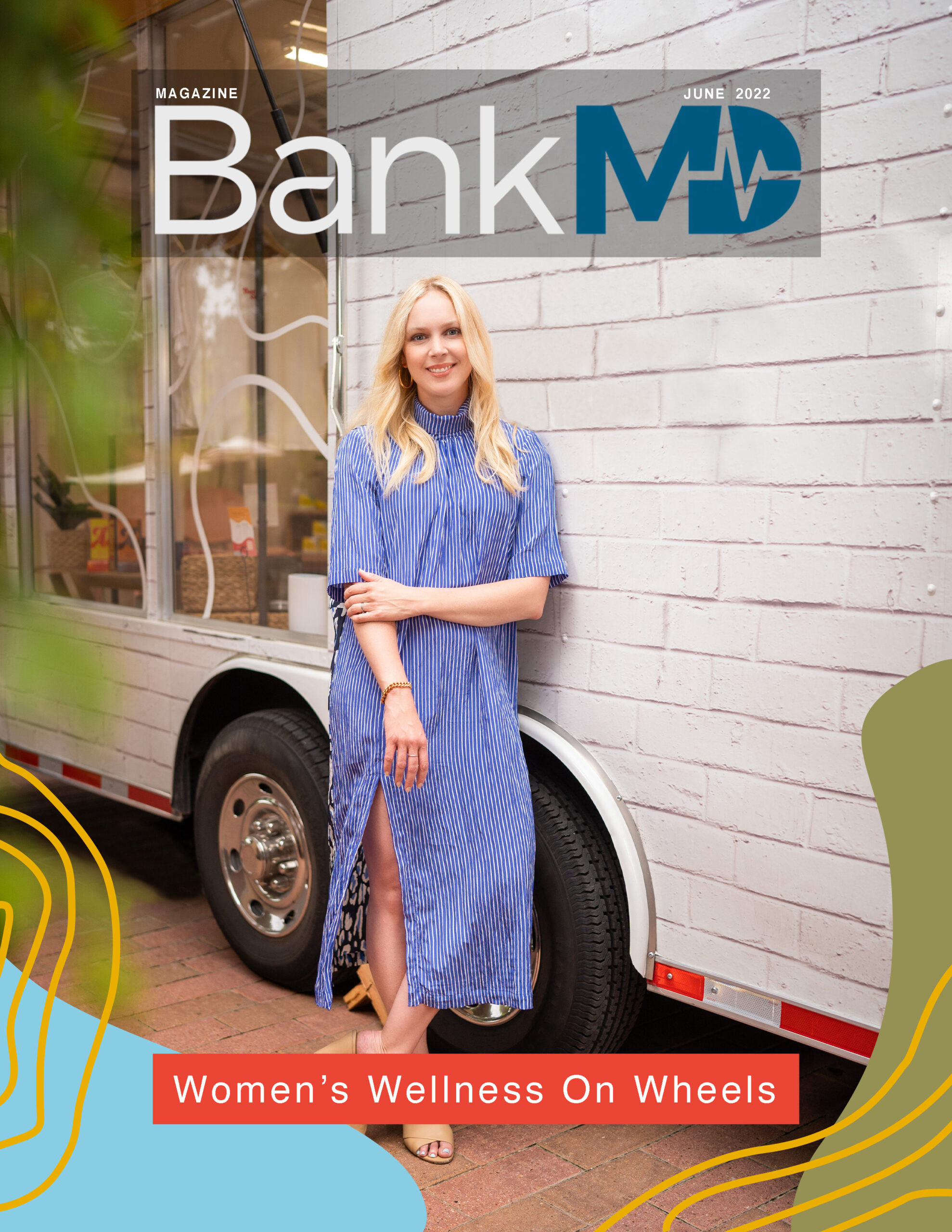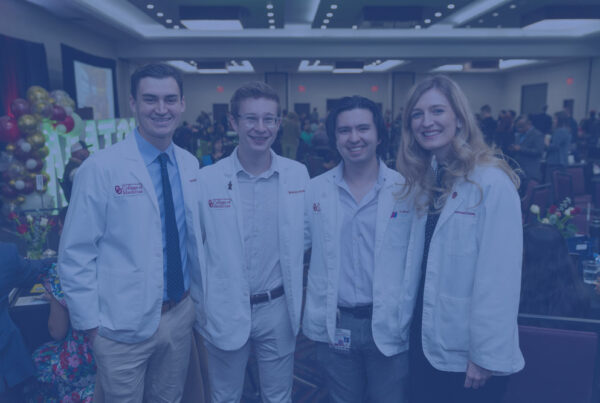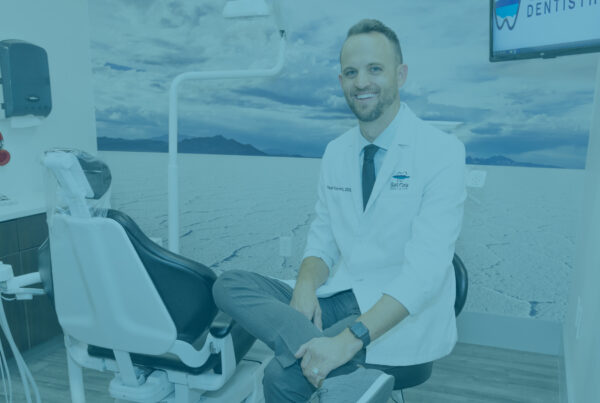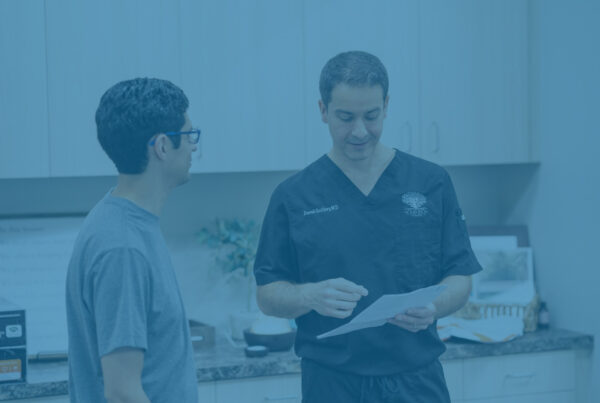Have you ever waited your turn in a doctor’s office for three hours, only to be given five minutes to talk with your practitioner who doesn’t remember who you are from previous visits? This was Jennifer Newell’s experience after receiving the challenging diagnosis of premature ovarian failure when she was only seventeen years old. Despite living in the major city of Nashville, Tennessee, it took her five years of searching and an hour-long drive to find suitable medical care for her condition.
When sharing her experiences with peers, she found that many other young women had similar underwhelming experiences when navigating women’s healthcare. She noted, “Women… age out of their pediatricians around the age of eighteen and they typically won’t go get the routine care that they need because they find today’s providers and locations to be sterile, uncomfortable, [and] awkward.” Often, girls do not see a gynecologist until after the age of 21 for annual recommended pap smears and end up delaying care that they desperately need in their younger years. “Those stories made me think that we, collectively, as a society have to do better,” she explains.
After graduating from college, Newell made the leap from being in the Nashville music scene to working in business development and marketing for a healthcare consulting company. Then she, along with her husband and dog, moved to San Antonio to pursue a career in healthcare and form Betty’s Co.
The mobile clinic is a custom-built unit, designed like a retail boutique, traveling to places where young women live, work, and shop. In addition to an exam room, it has the “Awkward Shop,” a specifically designed retail space where young women can explore and buy personal products discreetly and without judgment. The shop also has a member of the clinical staff available to answer questions about feminine care products and how they are used.
The doctor’s office side of Betty’s Co. provides women a full, uninterrupted 40-minute visit. “We give the opportunity for there to be full dialogue and education between our providers and our patients. That’s one of the big ways we are different,” Newell explains. During these personal visits, young women are screened for gynecological and other overall wellness conditions, such as mental health and counseling, nutrition, and weight management. Patients can also choose virtual care, a great option for women who are away from home or at college.
Before seeking a loan to start Betty’s Co. at BankMD, Newell talked to six other banks but was met with hesitation because she herself was not a doctor, despite the fact that the new company is led by a board of medical professionals with physician partners. “When we started talking to BankMD, it was refreshing, and a little ironic that an organization that supports physicians so well was actually interested in looking at a group that was not led by a physician, but that’s because they understand healthcare.” She added, “We were able to go into a level of detail with BankMD that we weren’t able to do with other prospective lenders or banking partners.”
“Women’s health is really starting to emerge and blossom as a market that deserves attention. It deserves investment. It deserves new solutions that are really going to serve women in a different way,” says Newell. Betty’s Co. fills an important gap for women across the state who aren’t getting the adequate care they need and deserve.








